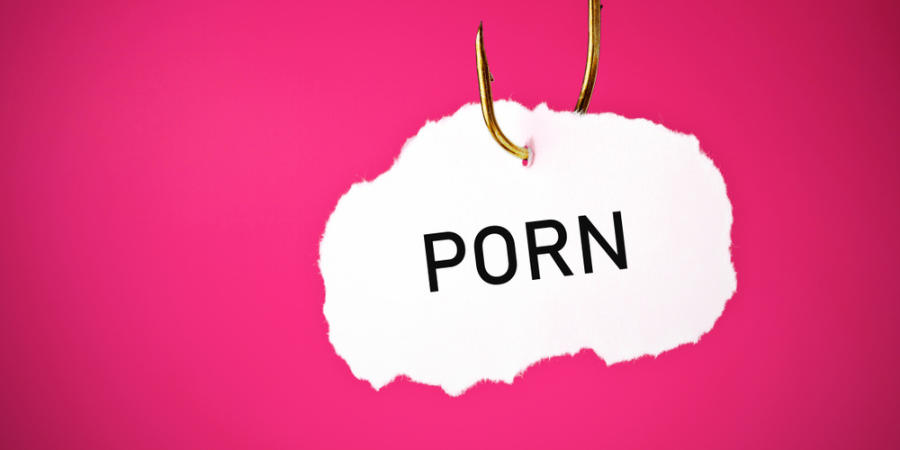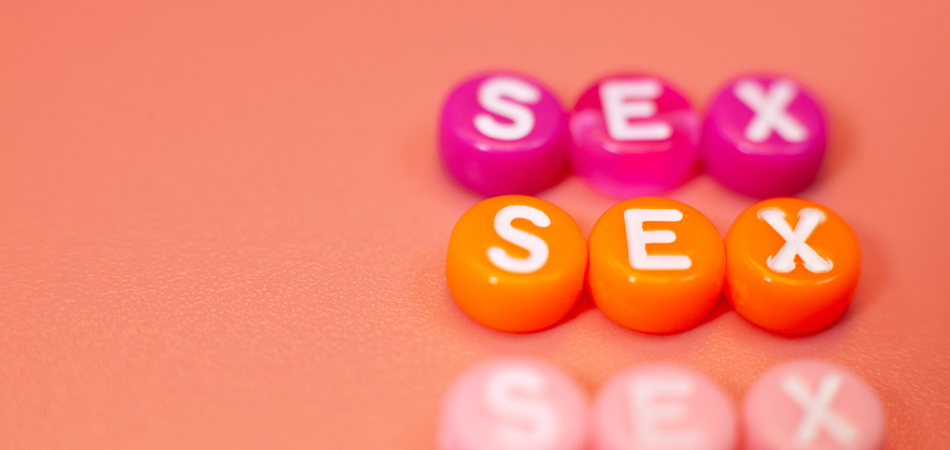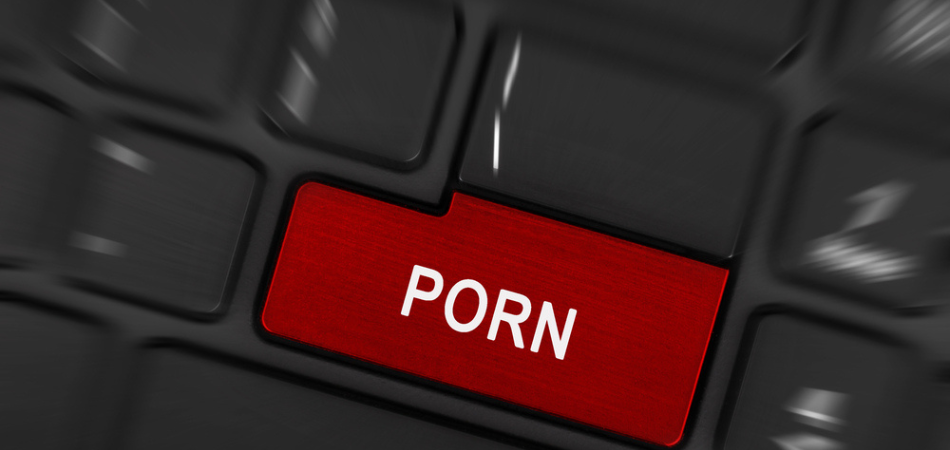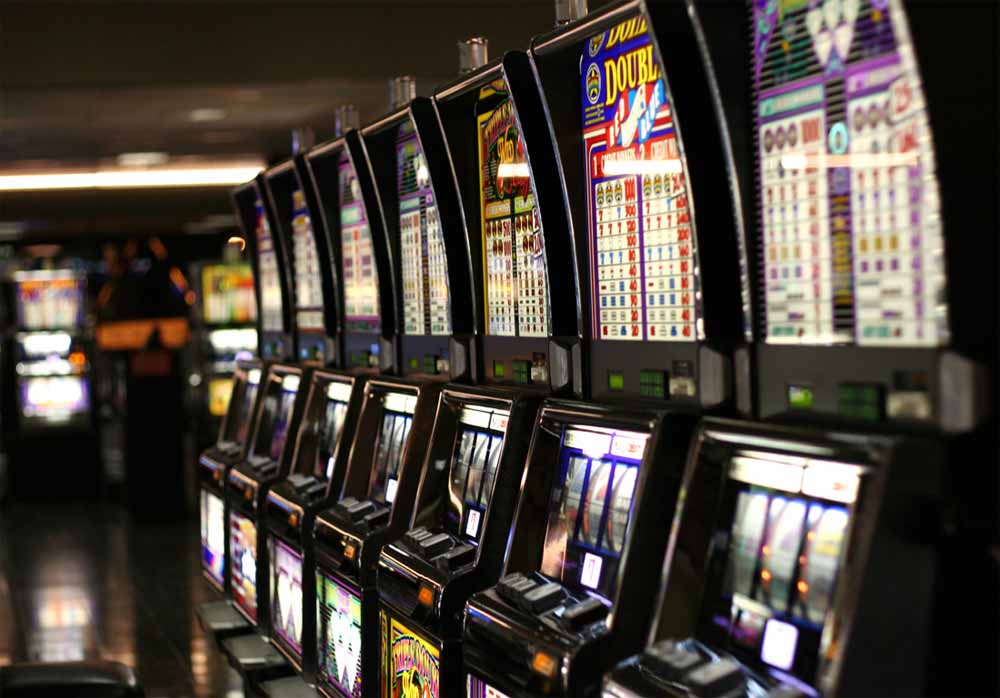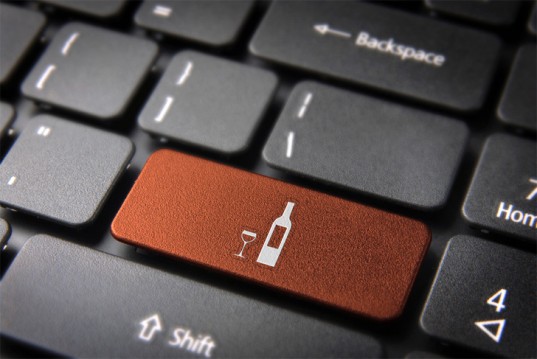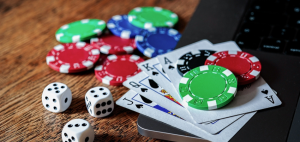Behavioural Addiction | Symptoms and Effects
We all know people who spend too much shopping or can’t be dragged away from their computers but did you know that these could be signs of a serious addiction? Behavioural addictions, also called process addictions, involve psychological and emotional dependency on certain behaviours such as gambling, shopping, gaming, internet use, pornography and sex.
When behavioural addictions develop, it can be incredibly difficult to stop without professional help but rehab at Recovery Lighthouse can provide the support and guidance you need to break free from these destructive cycles.
What is behavioural addiction?
Behavioural addiction is a condition characterised by an uncontrollable desire to engage in certain compulsive activities. Taking part in these addictive behaviours can be emotionally and physically damaging, leading to health issues, broken relationships, job loss and academic failure.
Here are some of the most common forms of behavioural addictions:
Gambling addiction
An ever-growing problem in the UK, this is when an individual is unable to control the impulse to gamble and risks losing personal possessions or relationships in pursuit of it.
Shopping addiction
Compulsive shopping has a similar effect to gambling, as individuals feel compelled to purchase items they don’t need or cannot afford. Click the button below to learn more.
Internet addiction
This is when an individual spends too much time online, with gaming addiction and social media addiction being particularly problematic. Click the button below to learn more.
Sex addiction
People with a sex addiction may be unable to control their sexual behaviour and will often put themselves in dangerous situations or jeopardise relationships as a result.
Porn addiction
Pornography can become an addictive behaviour when individuals start to use it to cope with difficult emotions or escape reality, rather than simply for pleasure.
Food addiction
People with food addiction are unable to control their eating habits and often use food as a way of coping with emotions. Click the button below to learn more.
Social media addiction
If you would like to learn more about addiction to social media, and its signs symptoms and effects, click the button below.
Eating disorders
Eating disorders such as anorexia and bulimia are also seen as behavioural addictions because they involve a compulsive desire to control food intake.
How do behavioural addictions develop?
Behavioural addictions can develop in many different ways. Some people may turn to these activities as a way of self-medicating or avoiding difficult emotions, while others may start out simply enjoying the activity and find that they become dependent on it just to feel normal.
While anybody who engages in these kinds of activities has the potential to become addicted, there are some common underlying causes which can increase your chances of developing a behavioural addiction. These include:
- Stress: If you’re feeling overwhelmed, addictive behaviour can provide a distraction and temporary relief from your problems.
- Mental health issues: Conditions such as anxiety and depression can lead to unhealthy coping mechanisms, such as relying on the activity to boost your mood or self-esteem.
- Childhood trauma: Extensive research has found that people who have experienced trauma or abuse in childhood may be more vulnerable to developing an addiction.
- Genetics: Addiction is sometimes genetically inherited and can run in families, so you are more likely to develop a behavioural addiction if there’s a history of addiction in your family.
Do I have a behavioural addiction?
Spotting the warning signs of behavioural addiction as early as possible is vital in receiving treatment to break free from the cycle. However, this is often easier said than done because behavioural addictions are adept at hiding in plain sight and convincing you and those around you that you don’t have a problem.
Here are some questions to ask yourself if you’re worried that you might be developing an addiction:
- Do you continue engaging in the behaviour even though it has negative consequences?
- Do you engage compulsively in the behaviour without getting any real enjoyment from it?
- Do you hide the extent of your behaviour from those around you?
- Are you lying to yourself about how much time and energy you’re investing in the activity?
- Do you feel like you can’t stop when you want to?
- Is the behaviour impacting your work, relationships or finances?
If you answered yes to any of these questions, then you may need professional help before your behavioural addiction spirals out of control.
Negative consequences of behavioural addiction
Engaging in behaviour to an extreme or compulsive degree can have a number of negative consequences. These can include:
- Physical health: Depending on the activity, prolonged engagement can lead to physical problems such as poor posture, disrupted sleep patterns, headaches, fatigue, weight gain and loss, risky sexual behaviour and substance abuse.
- Mental health: Behavioural addictions can have a huge impact on your mental health, leading to anxiety, depression, low self-esteem and suicidal thoughts.
- Social relationships: As behavioural addictions become more entrenched, they can start to interfere with your social life as you become less interested in spending time with friends and family. This can cause feelings of alienation and loneliness.
- Issues at work at school: As your addiction takes over, you may find it increasingly difficult to focus on work and school, leading to poor performance, grades and job loss.
How is behavioural addiction treated?
Behavioural addiction is a complex condition which requires a comprehensive approach to treatment. This requires two important stages: behavioural addiction rehab and aftercare.
Behavioural addiction rehab
The aim of behavioural rehab is to get to the root cause of your addictive behaviour, develop healthy coping strategies and make positive lifestyle changes. This is done through a combination of therapies which help to reframe your thinking and increase self-awareness.
At Recovery Lighthouse, our behavioural addiction rehab treatment includes:
- 12-step programme: This is a comprehensive programme which helps you explore your relationship with behavioural addiction, develop personal responsibility and build a strong support network.
- Cognitive behavioural therapy (CBT): This type of therapy helps to identify, challenge and change unhealthy thinking patterns which may be fuelling behavioural addiction.
- Individual counselling: Working with one of our counsellors who has been through recovery themselves, you can explore your feelings and motivations in a safe, non-judgmental environment.
- Group therapy: Sharing experiences with others who’ve been through similar issues helps to build an understanding of behavioural addiction and how it affects different people.
- Family therapy: This type of therapy focuses on repairing relationships which have been strained or damaged as a result of addiction.
- Holistic therapies: Our holistic approach to behavioural addiction rehab includes activities such as mindfulness, meditation, art and yoga which help you reconnect with yourself and build a healthy lifestyle.
We provide inpatient behavioural addiction rehab which means you stay at our residential facility and are supported 24 hours a day by our professional team of addiction specialists. Inpatient rehab is widely considered to be the best option for behavioural addiction recovery because it provides a safe, distraction-free environment in which to focus on recovery and will give you the chance to build important connections with the staff and other people in treatment.
Aftercare
Once you’ve completed your stay in behavioural rehab, you will then begin aftercare. This is very important because it will help make the transition back into everyday life easier and maintain a healthy lifestyle. At Recovery Lighthouse, our aftercare programme includes one year of weekly group therapy sessions which are designed to help you:
- Maintain and build on the goals you achieved in rehab
- Build a strong support network with other people in recovery
- Access additional support during hard moments in your life or when behavioural addiction cravings arise
Tips for a successful stay in behavioural addiction rehab
While our staff will do everything to help you overcome your behavioural addiction, you need to take charge of your own recovery to give yourself the best chance. Here are some tips to help ensure a successful stay in behavioural rehab:
Engage fully in your behavioural rehab plan
Behavioural rehab is not a passive process. It requires active engagement with the treatment plan and a willingness to make changes in your life. Go into every session with an open mind and don’t be afraid to ask questions.
Be honest about your addiction
The only way to make real progress in behavioural rehab is by being honest about your thoughts, feelings and behaviours related to your addiction. Being open and honest will help you identify patterns in your behaviour which can then be addressed through therapy.
Build meaningful relationships
We encourage our clients to build meaningful relationships with the staff, other people in treatment and even themselves. Connecting with others can help you feel supported and understood during recovery and may lead to lifelong friendships.
Set achievable goals
Recovery is a journey and it’s important to set realistic, achievable goals to help keep you motivated. Every milestone – no matter how small – should be celebrated in order to stay on track with your recovery journey.
What to do next
If you are ready to take the first step towards recovery, contact us today and one of our team will be happy to discuss your options. We offer rehab programmes for a range of behavioural addictions which can help you to reclaim your life.














